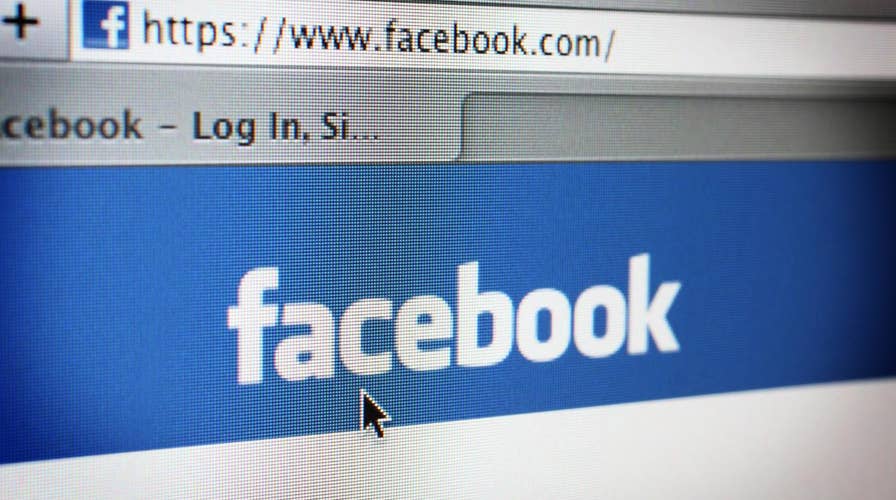Turmoil at Facebook post-Cambridge Analytica scandal
Facebook is in turmoil after the news broke that Cambridge Analytics harvested information of 50 million users. The company’s chief security officer is reportedly resigning this year while stock plummeted.
The very same newspaper that wrote a scathing exposé on the tactics of compiling voter data on Facebook, Cambridge Analytica, wrote a more neutral profile on Barack Obama’s campaign team using the very same tactics.
“Facebook is also being seen as a source of invaluable data on voters,” reads a line from a 2012 article from The Guardian titled, “Obama, Facebook and the power of friendship: the 2012 data election.”
“The re-election team, Obama for America, will be inviting its supporters to log on to the campaign website via Facebook, thus allowing the campaign to access their personal data and add it to the central data store – the largest, most detailed and potentially most powerful in the history of political campaigns,” the passage also reads.
The article, which was published at the beginning of President Obama’s re-election campaign, goes on to tout the innovations being used by his re-election team, Obama for America, even dubbing them, “a crack team of some of America’s top data wonks.”
It’s a stark difference from some of the language used in the U.K. newspaper coverage of Cambridge Analytica.
“The data analytics firm that worked with Donald Trump’s election team and the winning Brexit campaign harvested millions of Facebook profiles of U.S. voters, in one of the tech giant’s biggest-ever data breaches, and used them to build a powerful software program to predict and influence choices at the ballot box,” reads the opening salvo from when the Guardian first broke the news in a March 17 story titled, “Revealed: 50 million Facebook profiles harvested for Cambridge Analytica in major data breach.” What follows in the lengthy article is outrage from various U.S. and U.K. politicians, as well as tech experts on how devious the tactics were when the data was collected.
Washington pundits have started to weigh in on what they see as a double standard.
“Facebook had no problem with such activity then. They do now. There’s a reason for that,” conservative commentator Ben Shapiro says in a recent piece for The Hill.
“As soon as Facebook realized that Cambridge Analytica had pursued a similar strategy, they suspended the firm,” he said elsewhere in the piece.
Obama campaign officials say that their actions should not be compared to that of Cambridge Analytica.
Jim Messina, Obama's campaign manager, provided his explanation on Twitter.
“Cambridge Analytica obtained their data fraudulently, laundered through a researcher who paid people to install an app,” he wrote. “The '12 campaign told voters what they were sharing and for what purpose.”
“Conflating these two cases is misleading.”





